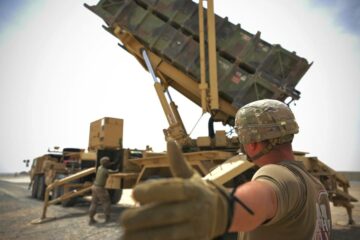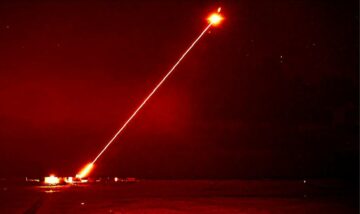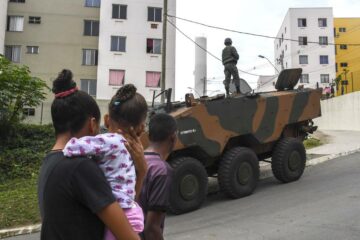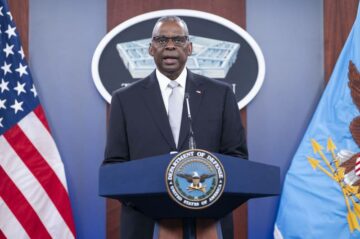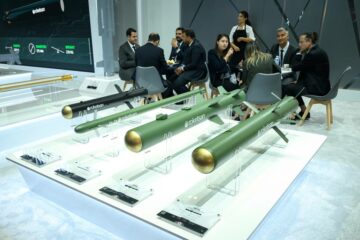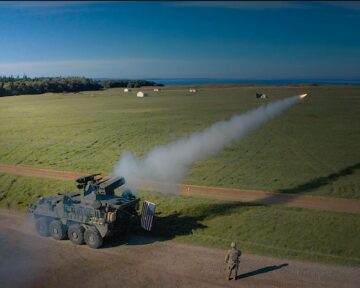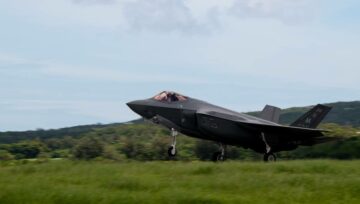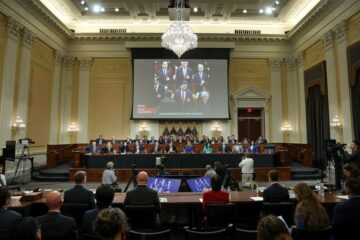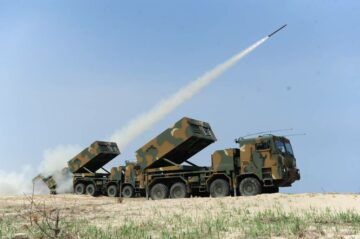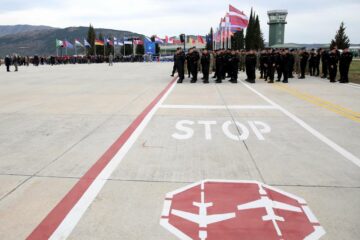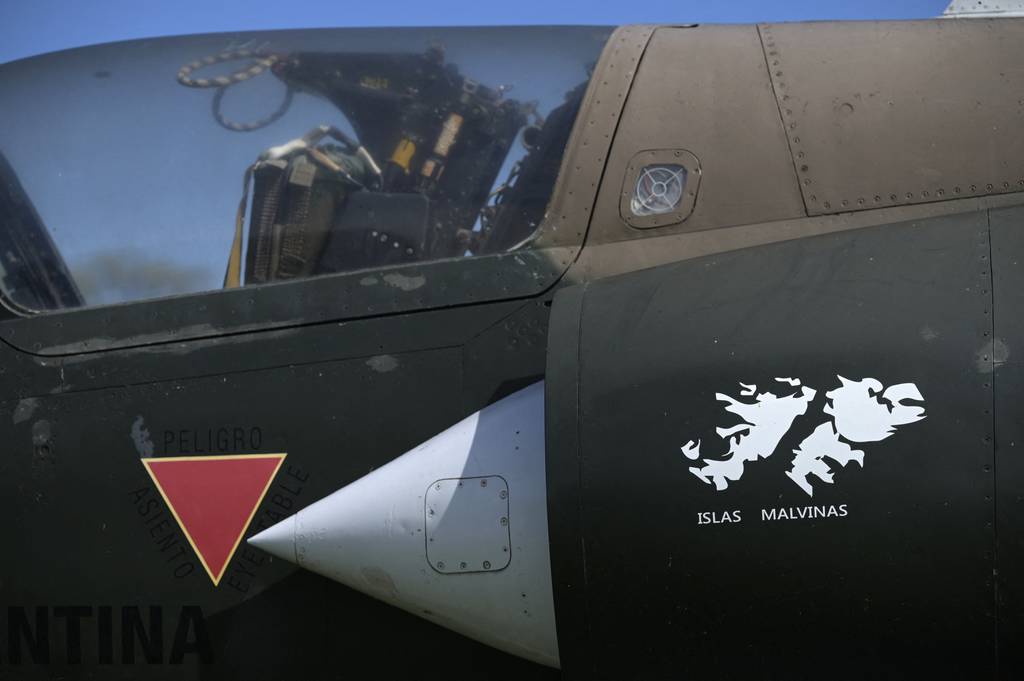
SANTIAGO, Chile — Argentina’s new president promised on the campaign trail to modernize the country’s defense force, but experts question whether this is possible given the fiscally harsh environment in which the government finds itself.
“It is very doubtful, actually unlikely, that the Ministry of Defense is going to receive the funding it needs to modernize and upgrade the capabilities of the military forces. The new government will soon come under the pressure and funding demands from other public sectors more important to voters, which will be impossible to ignore,” retired Argentine Army Col. Guillermo Lafferriere, an independent analyst based in Buenos Aires, told Defense News.
Indeed, during his Dec. 10 inauguration, President Javier Milei told the public to prepare for a painful shock adjustment with drastic public spending cuts. He has since appointed a new defense minister, Luis Petri, who worked as a lawyer and has security experience.
The president also brought on Patricia Bullrich, a longtime politician and first-round adversary from the coalition with the second most seats, as security minister. She held that same position during the administration of President Mauricio Macri, which lasted from 2015 to 2019, and is a staunch defender of military involvement in internal security.
During his campaign, Milei promised to modernize Argentina’s defense by improving military equipment and infrastructure, strengthening training, and adopting new technological and operational capabilities.
He also said his administration would review and update the country’s defense policy to better reflect the geopolitical environment. Milei has noted one focus of the new policy is to increase international collaboration to bolster Argentina’s relations with the United States and other Western nations.
And the new defense minister expressed an interest in sending Ukraine two Russian-made Mil Mi-17 helicopters currently in the Argentine Air Force’s inventory — another signal the nation is leaning Westward.
Lafferriere agreed the government should focus on improving the military, but warned a policy change will be a “tall challenge.”
“After several decades of being politically and financially neglected, the Argentine armed forces need not only to be reequipped but also to be reconverted. As they have fallen behind, their doctrine, organization and deployment are all today obsolete,” Lafferriere said. “The first step should be to make a deep review and update of the national defense policy. But I cannot see that the new government has the will to tackle such tall challenge, which has been avoided before by successive governments since the 1990s.”
But funding is also a problem, according to Sergio Eissa, the national training director at the Defense Ministry and a professor at the National Defense University in Buenos Aires. Eissa told Defense News that, after lawmakers rejected the previous government’s proposed budget for fiscal 2024, the new administration will likely have to use funding levels from fiscal 2023.
“The problem is that if the amount approved for 2023 is used, its real value will be a lot lower than it was in that year as a result of high inflation,” Eissa explained. “Before any modernization and development of military capabilities is undertaken, there is a need to revise the national policy of defense, to define the kind of armed forces and military capacities Argentina needs from now and toward the future. That must be the first step.”
The Associated Press contributed to this report.
José Higuera is a Latin America correspondent for Defense News.
- SEO Powered Content & PR Distribution. Get Amplified Today.
- PlatoData.Network Vertical Generative Ai. Empower Yourself. Access Here.
- PlatoAiStream. Web3 Intelligence. Knowledge Amplified. Access Here.
- PlatoESG. Carbon, CleanTech, Energy, Environment, Solar, Waste Management. Access Here.
- PlatoHealth. Biotech and Clinical Trials Intelligence. Access Here.
- Source: https://www.defensenews.com/global/the-americas/2023/12/15/argentinas-new-president-seeks-stronger-military-amid-fiscal-troubles/
- :has
- :is
- :not
- 10
- 2015
- 2019
- 2023
- 2024
- 70
- a
- According
- actually
- Adjustment
- administration
- Adopting
- After
- agreed
- AIR
- aires
- All
- also
- america
- Amid
- amount
- an
- analyst
- and
- and infrastructure
- Another
- any
- appointed
- approved
- ARE
- Argentina
- Argentine
- armed
- Army
- AS
- associated
- At
- avoided
- based
- BE
- been
- before
- behind
- being
- Better
- bolster
- brought
- budget
- buenos
- Buenos Aires
- but
- by
- Campaign
- cannot
- capabilities
- capacities
- challenge
- change
- Chile
- coalition
- collaboration
- come
- contributed
- country’s
- Currently
- cuts
- decades
- deep
- Defense
- define
- demands
- deployment
- Development
- Director
- doubtful
- during
- Environment
- equipment
- experience
- experts
- explained
- expressed
- Fallen
- financially
- finds
- First
- Fiscal
- Focus
- For
- Forces
- from
- funding
- future
- geopolitical
- given
- going
- Government
- Governments
- Have
- he
- Held
- High
- High inflation
- his
- HTTPS
- i
- if
- ignore
- images
- important
- impossible
- improving
- in
- inauguration
- Increase
- independent
- inflation
- Infrastructure
- interest
- internal
- International
- inventory
- involvement
- IT
- ITS
- itself
- jpg
- Kind
- Latin
- latin america
- lawmakers
- lawyer
- levels
- likely
- Lot
- lower
- make
- Military
- minister
- ministry
- modernization
- modernize
- more
- most
- must
- nation
- National
- Nations
- Need
- needs
- New
- new policy
- news
- noted
- now
- obsolete
- of
- on
- ONE
- only
- operational
- organization
- Other
- painful
- Petri
- plato
- Plato Data Intelligence
- PlatoData
- policy
- politically
- politician
- position
- possible
- Prepare
- president
- press
- pressure
- previous
- Problem
- Professor
- promised
- proposed
- public
- question
- real
- real value
- receive
- reflect
- Rejected..
- relations
- report
- result
- review
- revise
- Said
- same
- Second
- Sectors
- security
- see
- Seeks
- sending
- several
- she
- should
- Signal
- since
- Soon
- Spending
- States
- Step
- strengthening
- stronger
- such
- tackle
- technological
- than
- that
- The
- The Future
- their
- There.
- they
- this
- to
- today
- told
- toward
- trail
- Training
- two
- Ukraine
- under
- United
- United States
- university
- unlikely
- Update
- upgrade
- use
- used
- value
- very
- voters
- was
- Western
- whether
- which
- WHO
- will
- with
- worked
- would
- year
- zephyrnet

